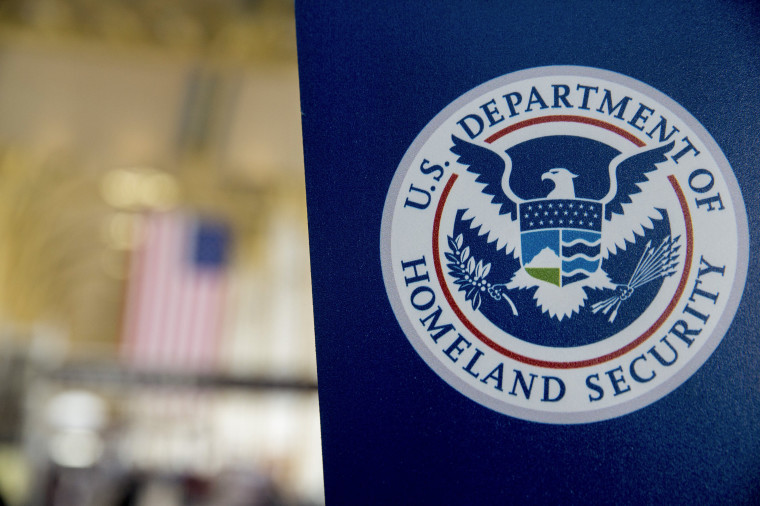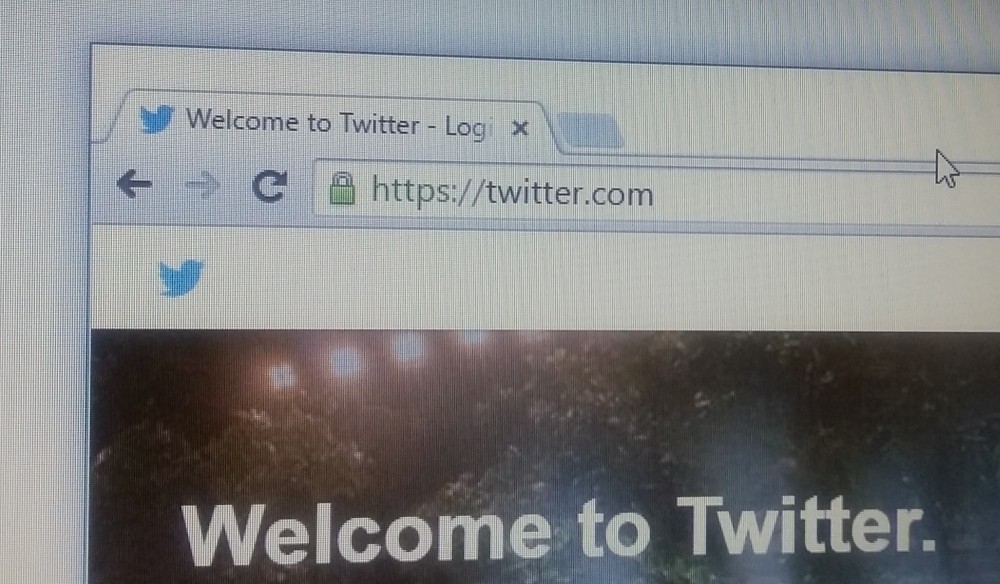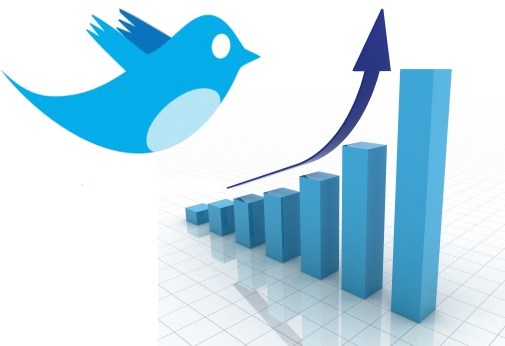
Here’s the trending narrative for Twitter: user growth has stagnated, and the product has not improved, at least not fast enough. But that isn't the case for Twitter’s Periscope, the live-streaming video app the microblogging site acquired a year ago this month.
Inside a three-floor apartment about a 15-minute walk from Twitter HQ in San Francisco, a team of 28 is building something that they think is changing the world and could perhaps save Twitter. The two companies have the same mission: build a service that shows people's lives unfiltered, in real-time, across the world.
Not unlike Twitter's early days of fascinating the biggest brands, the richest celebrities and people just trying to make a name for themselves, Periscope has become a destination for every personality, from a TV host in Los Angeles to a surfer in Australia, to broadcast live video via their smartphones.

In the aftermath of the deadly mass shooting in San Bernardino, CA, after it was revealed that one of the perpetrators advocated jihad in her posts and comments on Facebook, the U.S. Department of Homeland Security (DHS) is working on a new plan to scrutinize the social media posts and comments of people applying for entry into the United States.
The plan was first revealed to the Wall Street Journal, which said the homeland security agency previously looked at social media postings "intermittently and as part of three pilot programs" which began earlier this year. The new plan would mark the first formally sanctioned probe by the DHS - which formed in the aftermath of 9/11 to counter potential domestic threats to the United States - into the digital footprint of visa applicants.
Read more: U.S. to look at social media history of visa applicants

Cyber attacks are nothing new in today's digital world. However, the increase in suspected state-sponsored attacks against individuals has generated concern amongst the global tech community.
In October of this year, Facebook revealed its plans to notify users suspected of being victim to such attacks and guide them towards increasing the security of their accounts. Years earlier, in 2012, Google had implemented similar warnings in its Gmail service along with recommendations such as enabling two-factor authentication and increasing password entropy.
Read more: Twitter starts alerting its users of potential state-sponsored attacks
The Paris terror attacks, the legalization of same-sex marriage in the US and Bruce Jenner's transformation to Caitlyn sent people rushing to Twitter this past year.
 The microblogging site published on Sunday its annual analysis of the top tweets, trends and hashtags from the past year.
The microblogging site published on Sunday its annual analysis of the top tweets, trends and hashtags from the past year.
The diversity of the 2015 topics underscores Twitter's role as a soapbox for people's passions about politics, news, entertainment, sports and, well, gossip. As always, breaking news spreads quickly on Twitter, which then acts as a public forum for thoughts, riffs and self-expression in 140-character tidbits and short videos. The site itself has tried to tap into that interest by introducing in the fall the Moments feature, which highlights trending events in the hopes of triggering conversations and driving more traffic.

Read more: Belgium orders Facebook to stop tracking users who aren't logged in
TIPS & TRICKS ICT WORLD
- Codeigniter4: Howto fetch data by ID (button click) from database using JQuery Ajax
- Howto stop vulnerable Open Memcached on a Zimbra Server.
- Proxy Server not running on Zimbra Mail Server.
- Howto remove .php, .html extensions on a web page using .htaccess file
- How to Increase the Max Upload Size Limit
- Howto Create a Distribution List or Mailing List in Zimbra mail server
- Howto configure redirection/forward of specific user emails to another email address in Cpanel
- Restore WhatsApp Backup in Android and iPhone
- Howto backup your WhatsApp messages to your Google Drive.
- RESOLVED in JOOMLA3.9: “Error: Application Instantiation Error: Call to undefined method JApplicationHelper::getHash()”
- Howto configure Microsoft Outlook 2016
- How to embed a tweet in to any website (WordPress, Joomla and Drupal)
